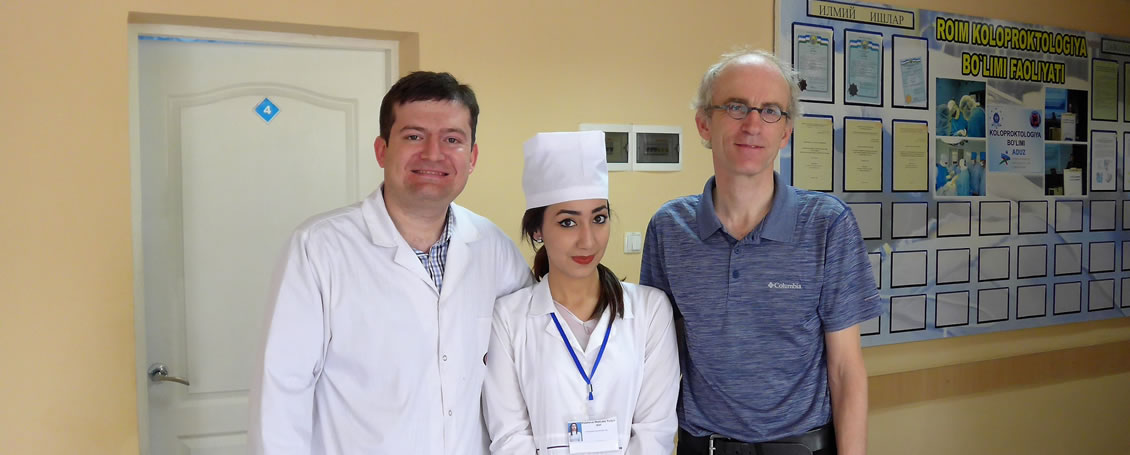
A Project Journey through WHO-Europe, Part I
The director of the Academy is for the time being member of a project group at Paracelsus University Salzburg with the task of developing a core curriculum in Palliative Care which is supposed to serve as a recommendation for the countries of this region. Target group are doctors, nurses, psychologists, social workers and people with a pastoral assignment.
My field research consisted of a quantitative (structured questionnaire) and a qualitative (interviews) part. The latter puts at the agenda a first draft of the core curriculum. This ambitious journey led me through 28 countries of Central Asia, East and Southeast Europe, among them all post-Soviet states. As expected, a great cultural diversity and different stages of development of educational structures were to be observed.
A flashlight thrown on the countries Kyrgyzstan, Kazakhstan, Uzbekistan and Turkmenistan shows that these central Asian countries judge the curriculum to be an important part of a future postgraduate education in Palliative Care. The idea of dividing the curriculum into a special professional, an interdisciplinary and a practical part with a range of 200 hours is positive regarded. The group of nurses will be strengthened and so will be their part in the interdisciplinary team, this being an important part of the task particularly in countries with more paternalistic structures. Communication is one of the main issues and at the same time one of the most demanding in practice. To put this adequately into words in the curriculum while taking in account the different family structures and assessments of (relational) autonomy is an ambitious task.
Representatives of the Ministry of Health emphasized during a meeting in Ashgabat Turkmenistan’s great interest in the development of Palliative Care, and welcomed a further cooperation. Without any doubt, this is a particular result, as there are, up to now, no structures of their own in Palliative Care in this country.



